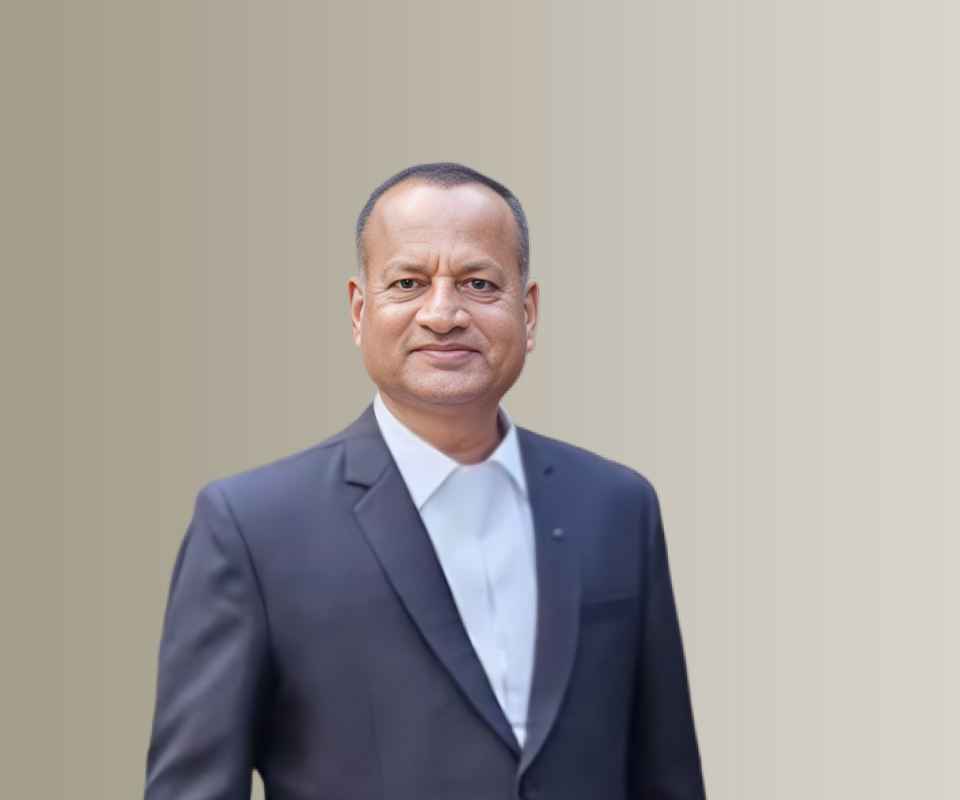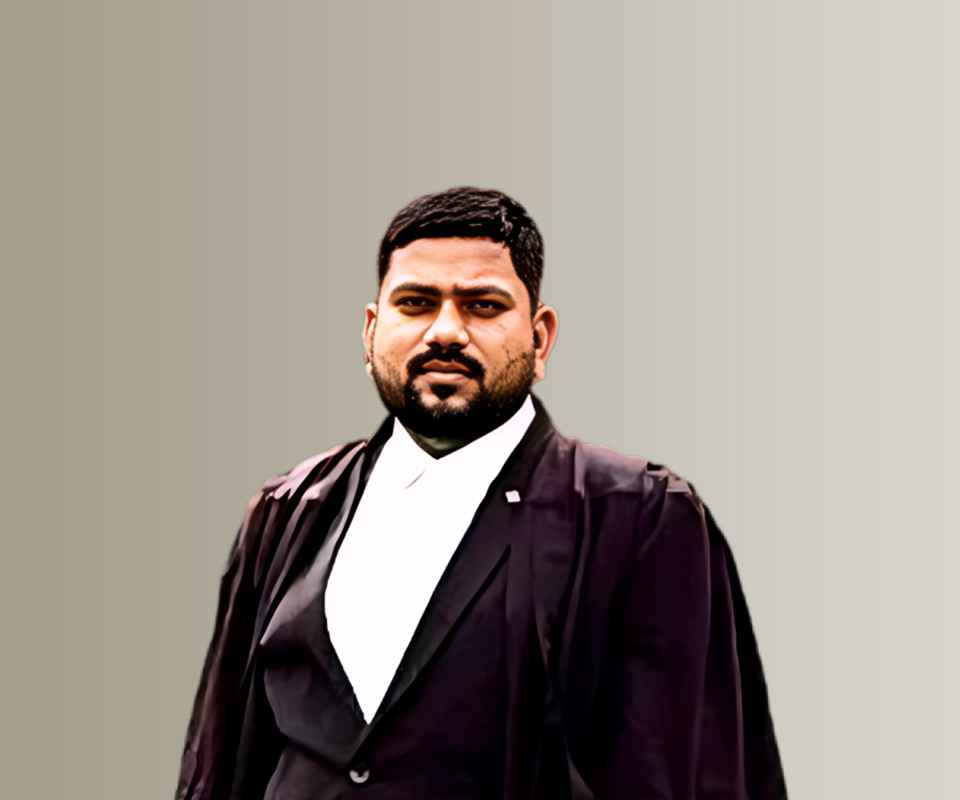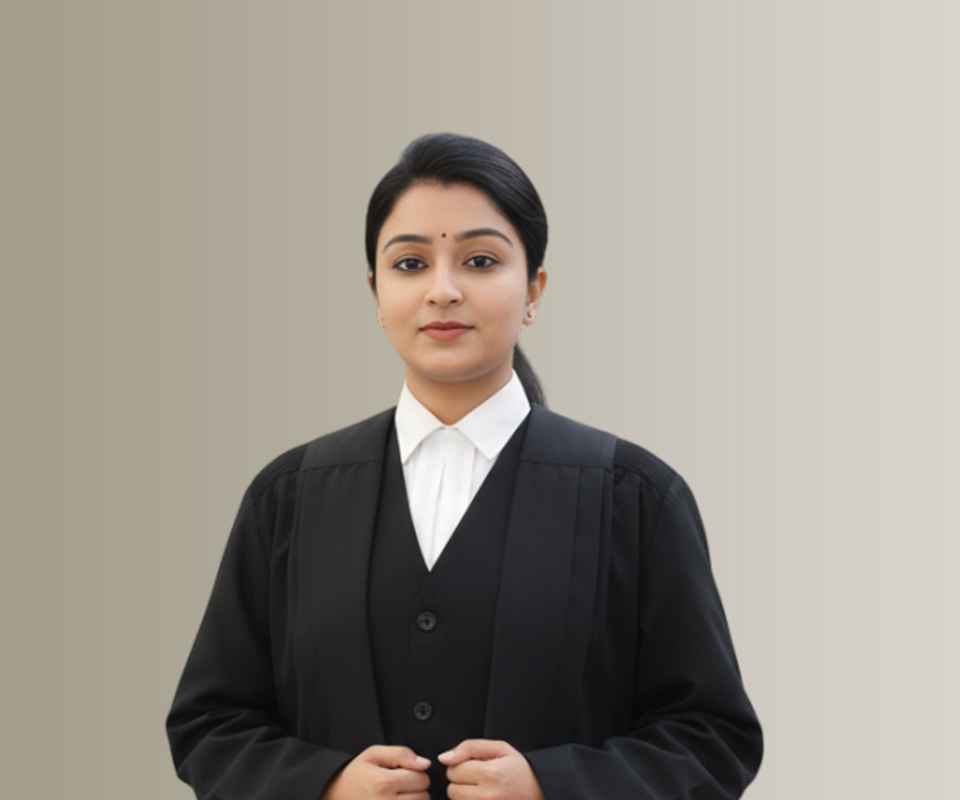Answer By law4u team
A dying declaration refers to a statement made by a person who is on their deathbed or in the belief of imminent death, detailing the cause or circumstances leading to their death. Under Section 32(1) of the Indian Evidence Act, this declaration becomes an exception to the general rule of hearsay, meaning it can be admitted as evidence in court even if the person who made the statement is not alive to testify. Key points about dying declarations: Admissibility: A dying declaration is admissible in both civil and criminal cases, but it is more commonly used in criminal cases, especially in cases like murder or attempt to murder. Belief of death: The person making the statement must believe that they are going to die soon, though the actual death may not occur immediately. Form: A dying declaration can be oral, written, or even in the form of gestures (such as a nod or eye movement) if the victim is unable to speak. Credibility: While courts usually treat dying declarations with importance, they must ensure that the statement is voluntary, true, and reliable. If there are doubts about its authenticity, the court may seek corroborative evidence. For example: If a person who has been attacked and believes they are about to die gives a statement identifying their attacker, this statement can be used as evidence in court under the principle of a dying declaration.









